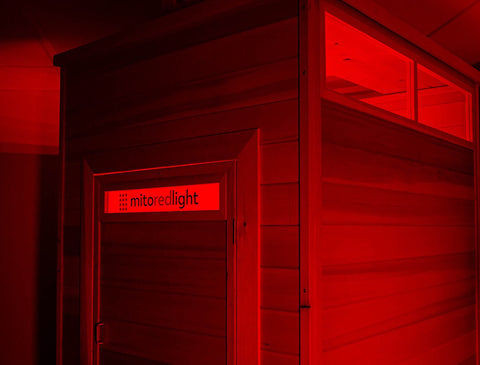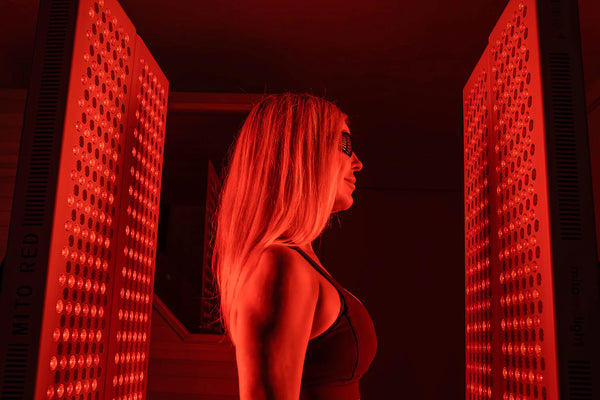Abstract
The effectiveness of transcranial photobiomodulation (tPBM) and methylene Blue (MB) in treating learning and memory impairments is previously reported. In this study, we investigated the effect of tPBM and MB in combination or alone on unpredictable chronic mild stress (UCMS)-induced learning and memory impairments in mice. Fifty-five male BALB/c mice were randomly allocated to five groups: control, laser sham + normal saline (NS), tPBM + NS, laser sham + MB, and tPBM + MB. All groups except the control underwent UCMS and were treated simultaneously for 4 weeks. Elevated plus maze (EPM) was used to evaluate anxiety-like behaviors. Novel object recognition (NOR) test and Barnes maze tests were used to evaluate learning and memory function. The serum cortisol and brain nitric oxide (NO), reactive oxygen species (ROS), total antioxidant capacity (TAC), glutathione peroxidase (GPx), and superoxide dismutase (SOD) levels were measured by spectrophotometric methods. Behavioral tests revealed that UCMS impaired learning and memory, and treatment with PBM, MB, and their combination reversed these impairments. Levels of NO, ROS, SOD activity in brain, and serum cortisol levels significantly increased while brain GPx activity and total antioxidant capacity significantly decreased in the sham + NS animals when compared with the controls. A significant improvement was observed in treatment groups due to reversion of the aforementioned molecular analysis caused by UCMS when it was compared with control levels. Both tPBM and MB in combination or alone have significant therapeutic effects on learning and memory impairments in UCMS-received animals.
Keywords: Anxiety; Chronic mild stress; Learning and memory; Methylene blue; Near-infrared laser; Photobiomodulation.




















